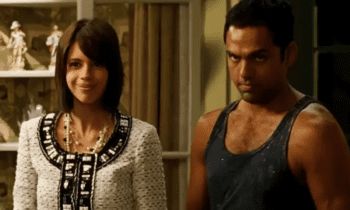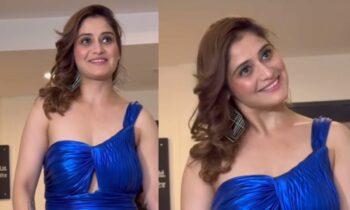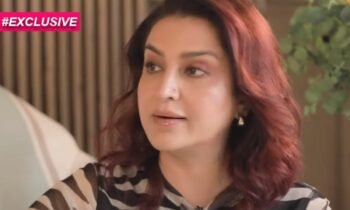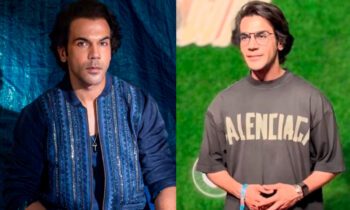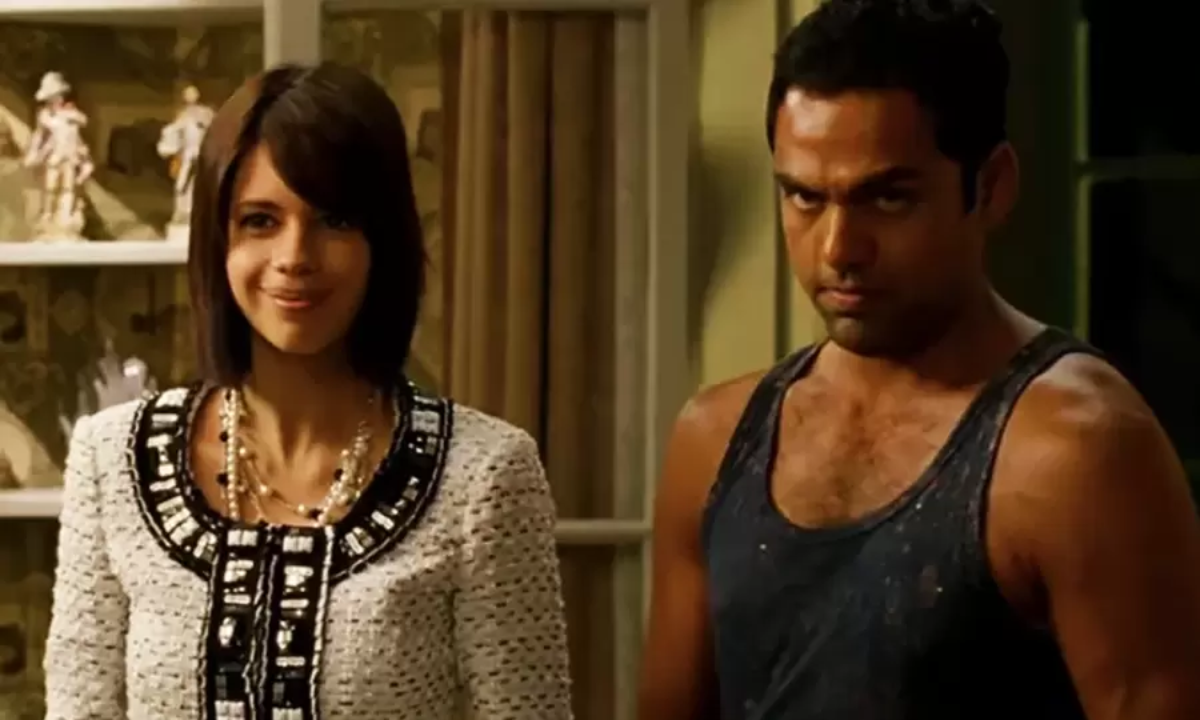This Ethical Label Crafts Stunning Handbags From Recycled Plastic

Global warming, the ozone layer, climate change — these are all overused, yet highly significant terms we face in our everyday lives. You’ve heard it over and over again, the 3 R’s we were taught in school — reduce, reuse, recycle — but do we ACTUALLY do it?
Are we really turning environmentally friendly, or just tolerant towards the reminders? According to this research carried out last year, India generates a whopping 15,342 tonnes of plastic waste EVERY DAY. Yeah, this is why we need to consciously move towards a more eco-friendly habits.
Taking this concept forward, a number of fashion labels are doing their part by reusing elements of waste in their designs. After all, one man’s trash can be another man’s treasure, right?
From Amit Aggarwal‘s use of metal waste in his recent collection, to H&M’s conscious attempt to recycle your old clothes — charity begins at home, and with these brands, saving the environment begins with their own labels.
One such brand is the handcrafted handbag label, Urmi. Using approximately 800 grams of recycled plastic waste, Urmi’s handbags are handwoven to create a perfect fashion-forward statement, while being sustainable from start to end.
Hauterfly caught up with Kavitha Chandran, Managing Partner of the label, to understand the process of creating a single handbag, the revival of ancient Indian weaving techniques, and, of course, Urmi’s part in creating a more environmentally-friendly future.
How did Urmi come to be?
While I was President of FLO India, an organisation that works towards female empowerment, I decided that I needed to do something more for the movement. I was fascinated by the colourful, plastic lunch bags I’d see women carrying to work.
So I wondered if I would be able to work with this weave and material — give women a job where I could empower them to earn a living? So I started experimenting with bags, which is how Urmi was born.
How is it different from other brands producing similar products?
Urmi focuses on 3 things — female empowerment, reviving the traditional art of weaving, and using recycled materials to make environmentally-friendly products.
How does this process work?
A bag takes anywhere between 8 to 22 (wo)man hours to make depending on the design — some have a single weave, some have a combination of 2 different weaves. When a new season starts, my team and I brainstorm what design, structure, and colour scheme we like, then the R&D team researches and experiments with shapes until we are satisfied.
We also have a model where the women who weave the bags don’t have to leave their homes — we train them, send them the designs, and then they make it at their own pace.
Once the R&D is complete and we’ve settled on the shapes and colours, the weavers are then given specifications and taught how to make the bag. Post that, we ask them to make sample bags. Once approved, we start production as orders start coming in.
The specs and raw materials are delivered to them, and it takes anywhere between 3 days to a week to finish making a bag. Once that is done, we do a quality check and collect the bag.
The largest tote takes about 22 hours to make. Traditionally, we use plastic — the difference here is we use recycled plastic to make our bags.
What sort of Indian weaves do you use?
We have different kinds of weaves — one being the rose-bud weave, which is a pokey knot weave that gives a spike effect like some Christian Louboutin shoes do. The other weave is called the Shiva-eye weave, which is another traditional weave.
Currently, we are working with 4 types of weaves. I have gone to rural areas and researched various kinds of weaves. I’ve discovered 3 more extremely intricate weaves — they are time consuming, but are very detailed and beautiful.
I am looking at reviving some of these traditional weaves that have gotten lost with time. With our SS18 collection, we will bring a new weave into the product line — and we plan on introducing one new weave every year.
Any challenges working with the raw material?
One of the first challenges I encountered was when I took the traditional weave to see if we could bend it, create a flap, fasten it, etc. The women we work with are very sharp — they told me that they couldn’t weave a flap, as the material cannot be bent; they were used to creating only open totes.
So the one challenge was trying to make the product more suitable for everyday women. Then came adding buttons, flaps, zips, making them more flexible, changing the mindset towards woven bags… these were some additional challenges.
What does sustainable fashion mean to Urmi?
Urmi was conceptualised as an environment-friendly product line from day one, and it fits in beautifully with the modern day movement of being more eco-friendly. Everyone is being taught to be eco-conscious today, and Urmi is happy to be part of that conversation.










